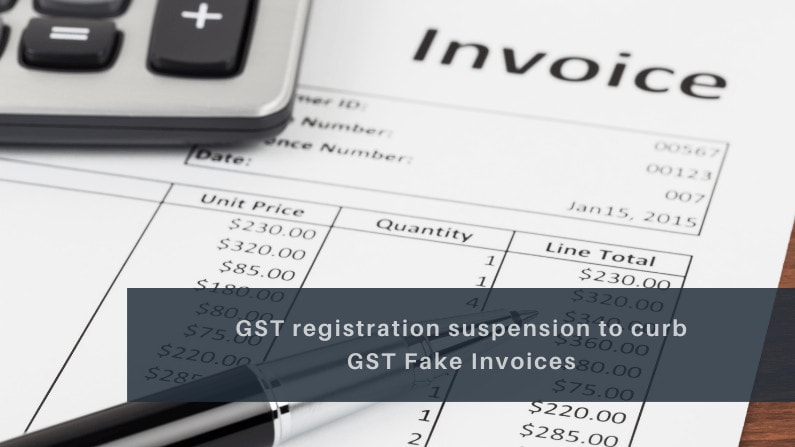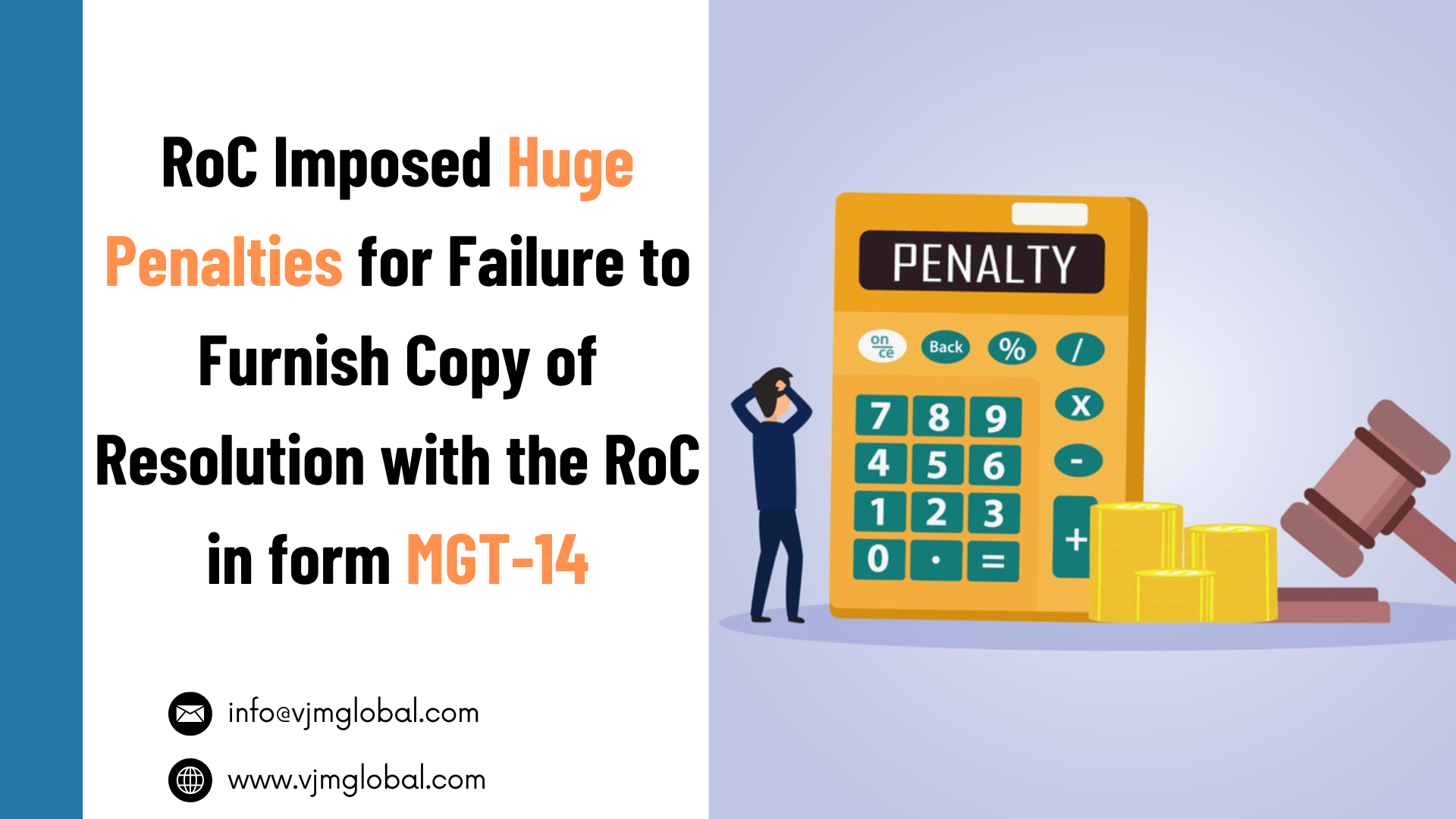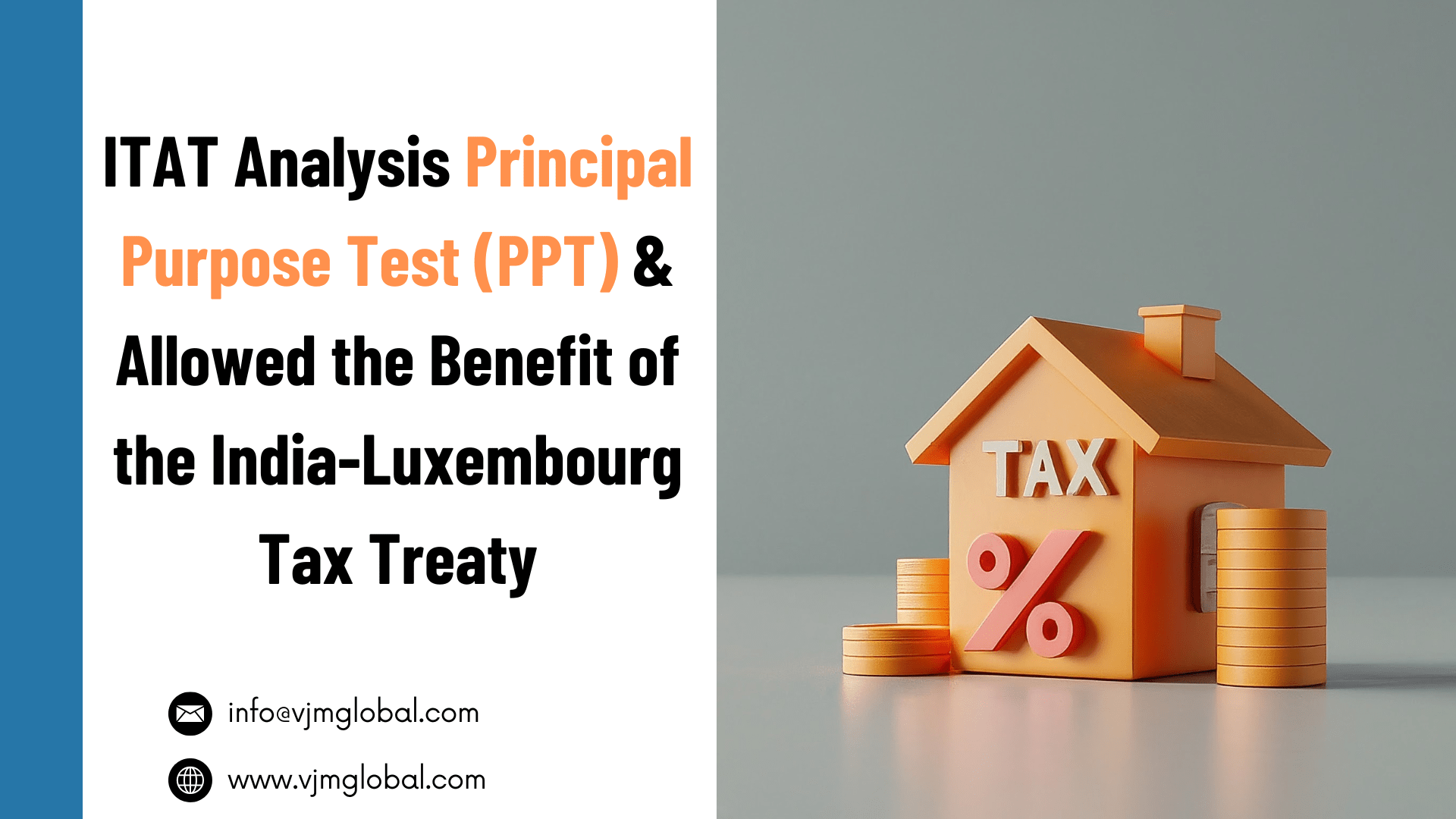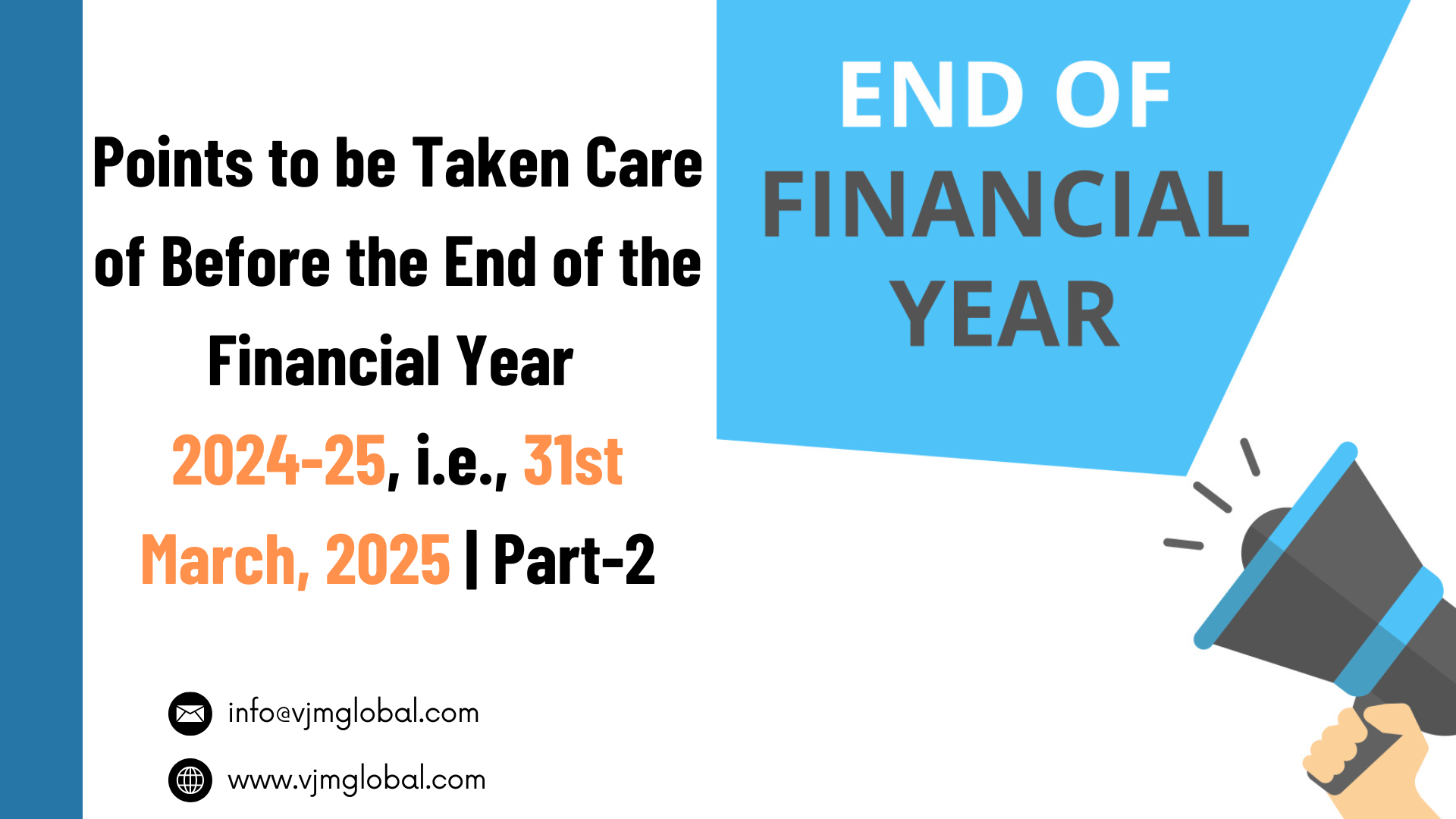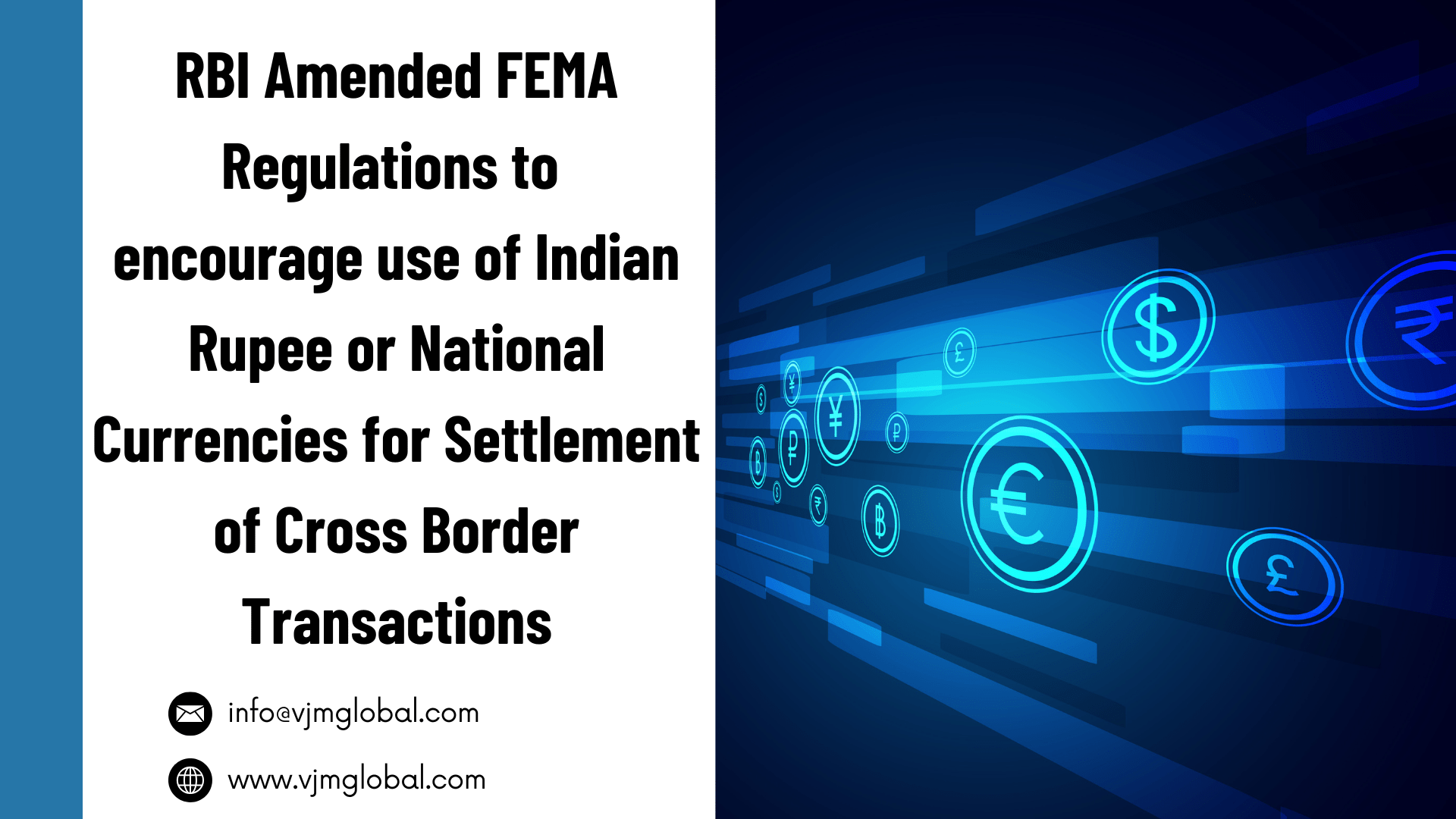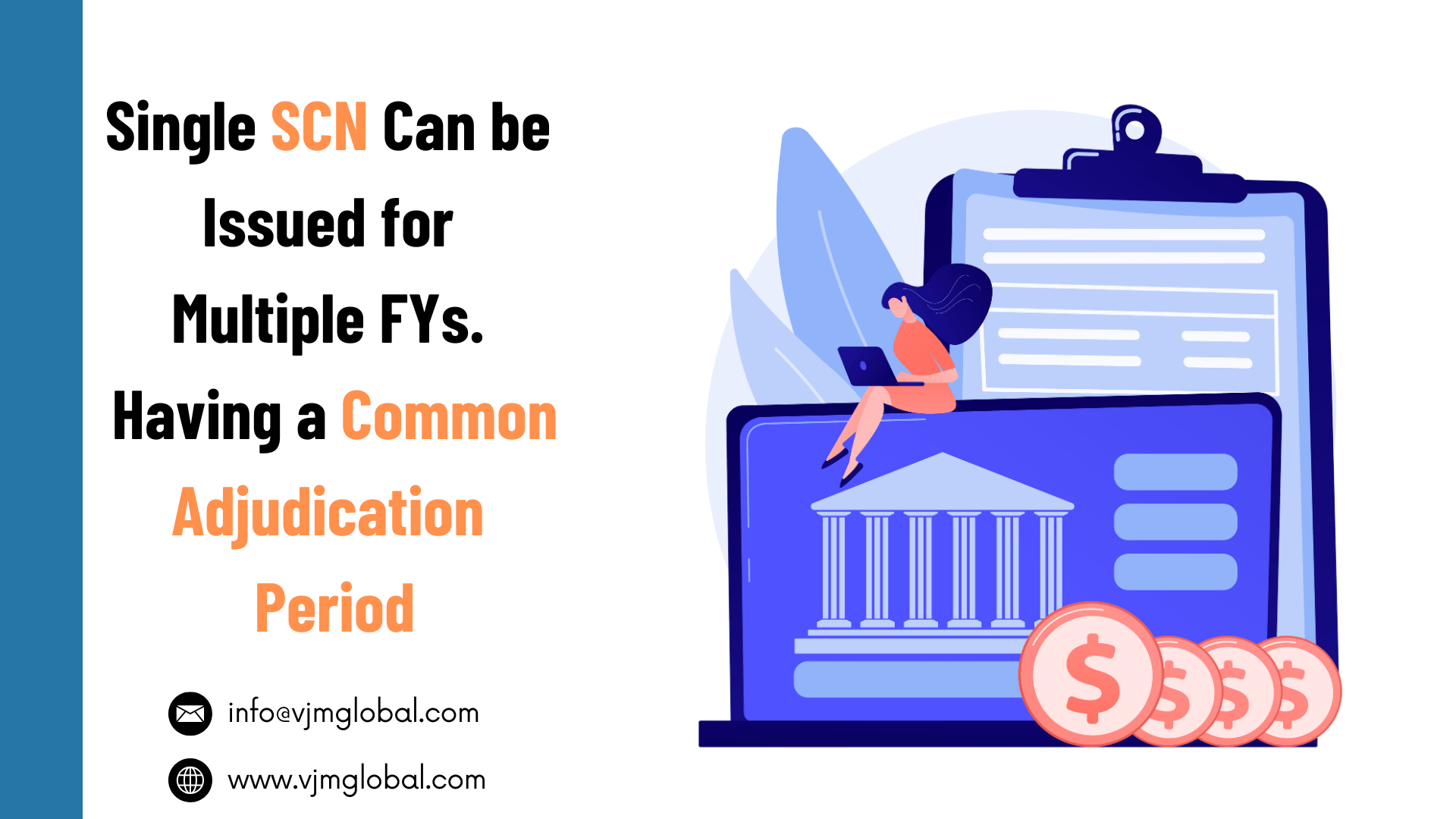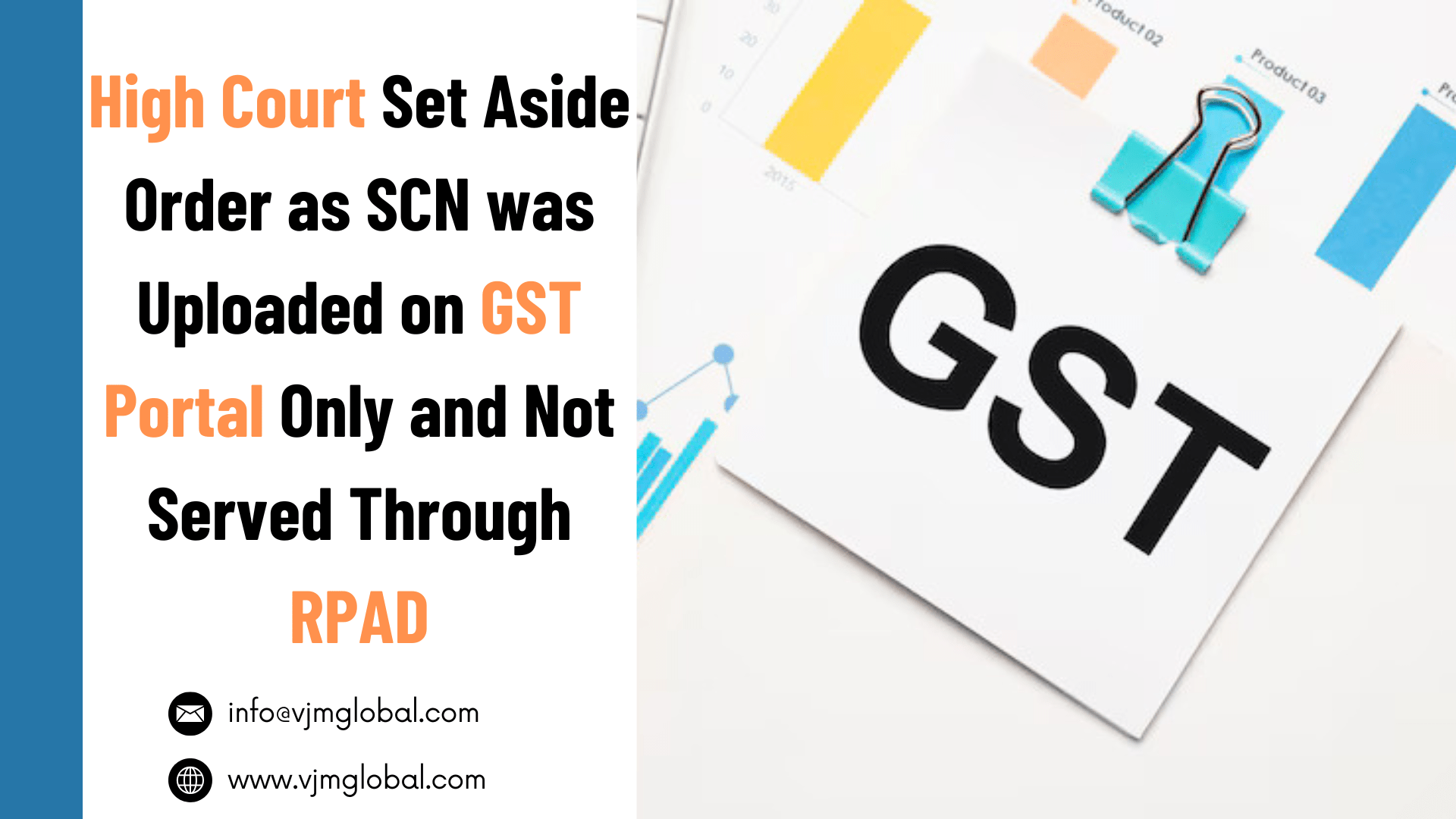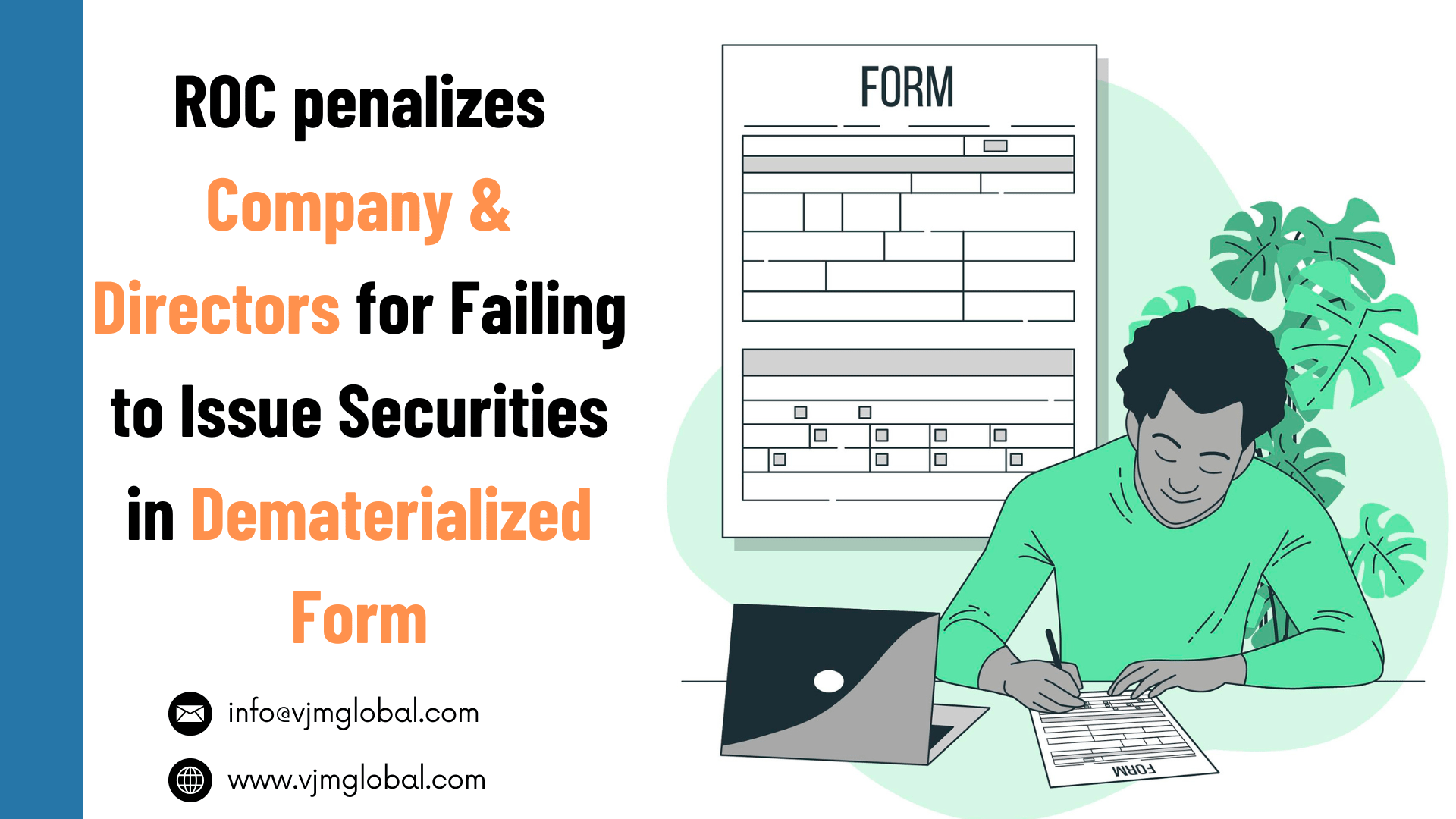Vide Notification No. 94/2020-Central Tax dated 22nd December, 2020, Central Board of Indirect Taxes (“CBIC”) has inserted a new Rules 21A-”Suspenion of Registration” wherein various grounds are provided on the basis of which department officials may suspend GST registration of a registered person. However, such an amendment has created panic among genuine taxpayers and various correct or incorrect information is circulating on social media related to such rule.
Therefore, the department has clarified such myths and try to settle down tension among genuine players.
1. Analysis of returns submitted before suspension of GST registration
As per newly inserted Rule 21(2A), a comparison will be made of details submitted in GSTR-3B of the registered person with:
- the details of outward supplies furnished in FORM GSTR-1; or
- the details of inward supplies derived based on the details of outward supplies furnished by his suppliers in their FORM GSTR-1,
Department may make any other comparison or analysis as it deems fit.
2. Suspension of GST registration
If any major difference or anomalies are found and it indicates contravention of provisions of GST law leading to cancellation of GST registration, then the department shall suspend GST registration of such person in place of cancellation of GST registration. Suspension shall be intimated to such person through Form GST REG-31.
In form GST REG-31, the department shall highlight such differences and anomalies and a show cause opportunity shall be given to appear within a period of 30 days.
3. Myths Vs Facts
Post issuance of Notification No. 94/2020-Central Tax dated 22nd December, 2020, there were various myths circulating on social media about cancellation of GST registration. Therefore, to avoid misconception among registered persons, the department has issued a clarification dated 23rd December, 2020 clarifying on such Myths.
It has been mentioned by the CBIC that In order to curb the GST fake invoice frauds, such notification was issued on recommendation of the GST Council’s Law Committee. Notification was issued to deal with the menace of fraudsters who avail and pass on ineligible ITC by fake or fly-by night firms. CBIC has booked about 12000 cases of ITC fraud and arrested 365 persons in such cases so far. During the last six weeks alone, more than 165 fraudsters have been arrested.
CBIC has clarified following facts related to cancellation of GST registration:
3.1 No Opportunity of being heard for cancellation of GST registration
Myth: There is a myth that no opportunity of being head shall be given if the proper officer believes that registration is liable to be cancelled.
Fact: As per Section 29(2)(c), GST registration is liable to be cancelled for those registered persons who have not filed GST returns for 6 or more months. Therefore, these cancellation provisions can’t be said to be irrational. To protect the interest of revenue, this provision has been put in the law so that fraudsters do not run away with GST collected from their customers.
CBIC has further clarified that no cancellation of registration would be done without giving proper opportunity of hearing to the taxpayer. However, immediate action for suspension is necessary in cases where unscrupulous operators seek to pass on huge fake credit by gaming the system. However, this action will not affect the genuine taxpayers in any way. Moreover, suspension is not the conclusive cancellation of GST registration and the same may be revoked by the officer based on the taxpayer’s representation.
3.2 In case of clerical mistake, GST registration will be cancelled
Myth: There is a myth that if any clerical mistake is made in GST returns and due that huge differences appears in GST return of taxpayer and GSTR-1 returns of supplier, then GST registration shall be cancelled and no option will be given to correct such mistake.
Facts: Department has clarified that this is not at all correct. Department will take action on suspension and cancellation of GST registration only in fraudulent cases, where there are significant discrepancies based on data analytics and sound risk parameters, and not mere clerical errors.
An example of such fraudulent case and serious discrepancy is where, one has passed on Input Tax Credit of Crores of Rupees through filing of GSTR-1 and he has not filed GSTR 3B returns, nor has he filed Income Tax returns or disclosed very little liability in Income Tax returns etc.,
Department has given assurance that the GST ecosystem is very carefully working towards curbing the fake invoice frauds in the interest of bonafide taxpayers. Various sophisticated tools like BIFA, data analytics and AI & ML are being used by the GST system to pinpoint and segregate these fraudsters only.
3.3 Changes will impact ease of doing business
Myth: All these changes will impact the ease of doing business.
Fact: Department has clarified that this is not true.
Fraudsters are misusing the system to the detriment of the interest of genuine taxpayers. Consequently, data driven targeting of the fraudsters is the need of the hour.
Department is not randomly cancelling GST registrations or picking up random persons for suspension. Rather, detailed data is being collected from Income Tax, Banks, Customs and necessary matching and analysis is being done on such collected data to identify fraudsters. Post analysis, the department takes action of suspension and cancellation after following due process of law.
Precise targeting of fraudsters is being done only in specific cases, after doing a comprehensive analysis, using advanced data analytics tools. etc. Further, multiple risk indicators are checked and only then few high risk entities are selected.
Therefore, any action against fraudsters will not impact the Ease of Doing Business which is achieved in GST through liberal registration, refund regime and self-compliance system with little or no manual checks.

